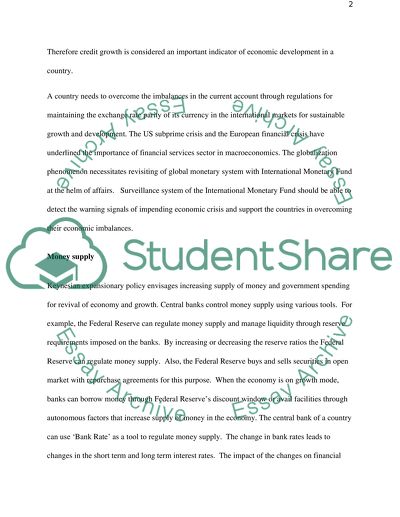Cite this document
(“The role of money in the macro economy Assignment”, n.d.)
Retrieved from https://studentshare.org/finance-accounting/1473323-the-role-of-money-in-the-macro-economy
Retrieved from https://studentshare.org/finance-accounting/1473323-the-role-of-money-in-the-macro-economy
(The Role of Money in the Macro Economy Assignment)
https://studentshare.org/finance-accounting/1473323-the-role-of-money-in-the-macro-economy.
https://studentshare.org/finance-accounting/1473323-the-role-of-money-in-the-macro-economy.
“The Role of Money in the Macro Economy Assignment”, n.d. https://studentshare.org/finance-accounting/1473323-the-role-of-money-in-the-macro-economy.


